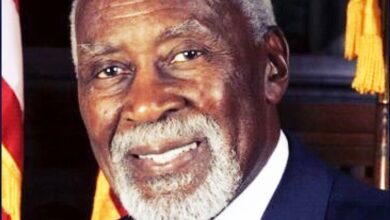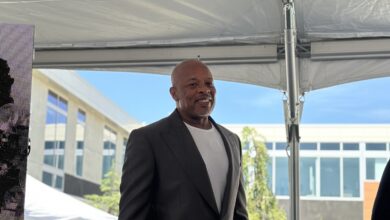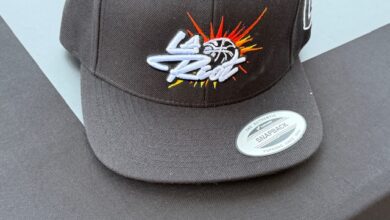Taylor Made: I was There
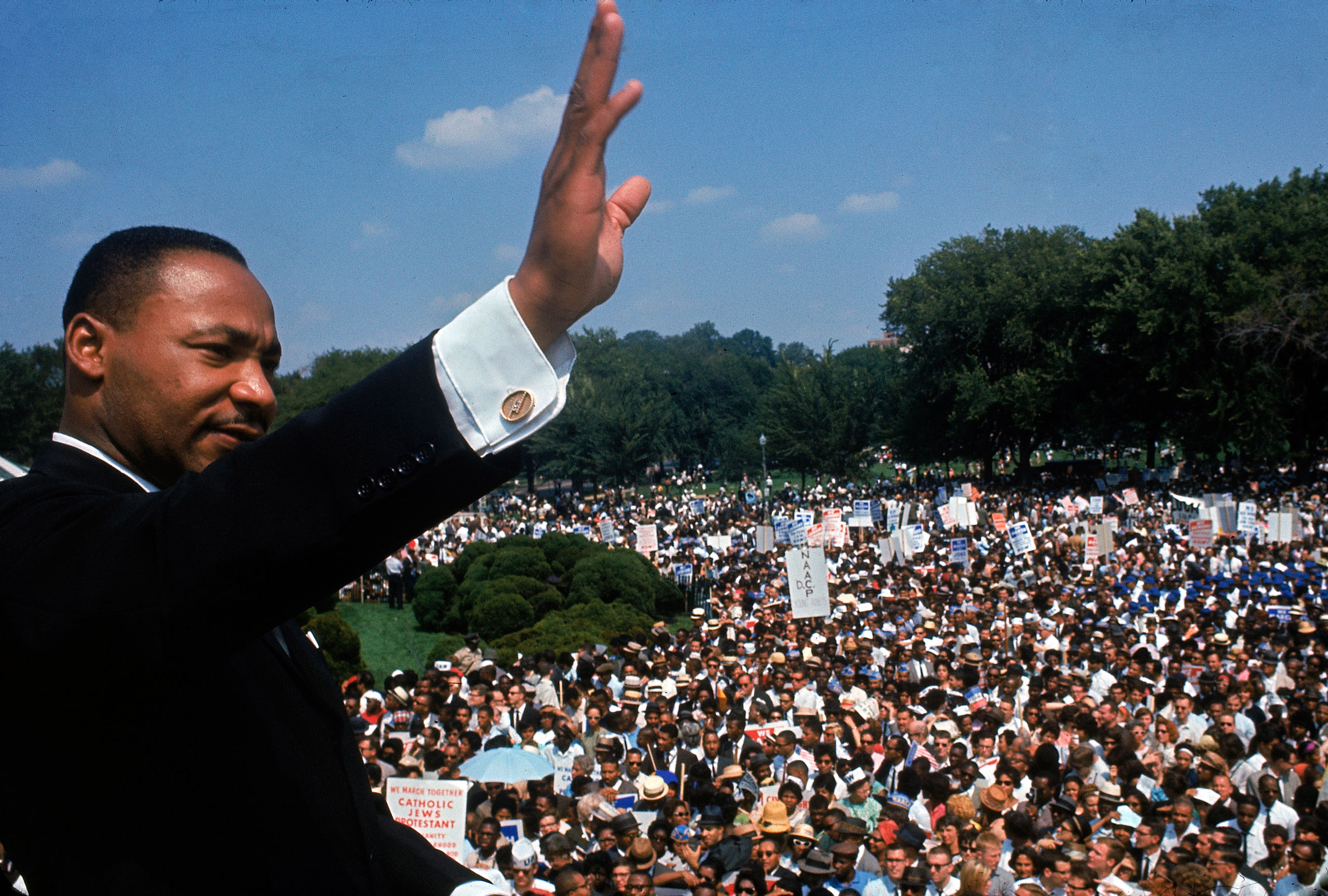
By Francis Taylor, Executive Editor
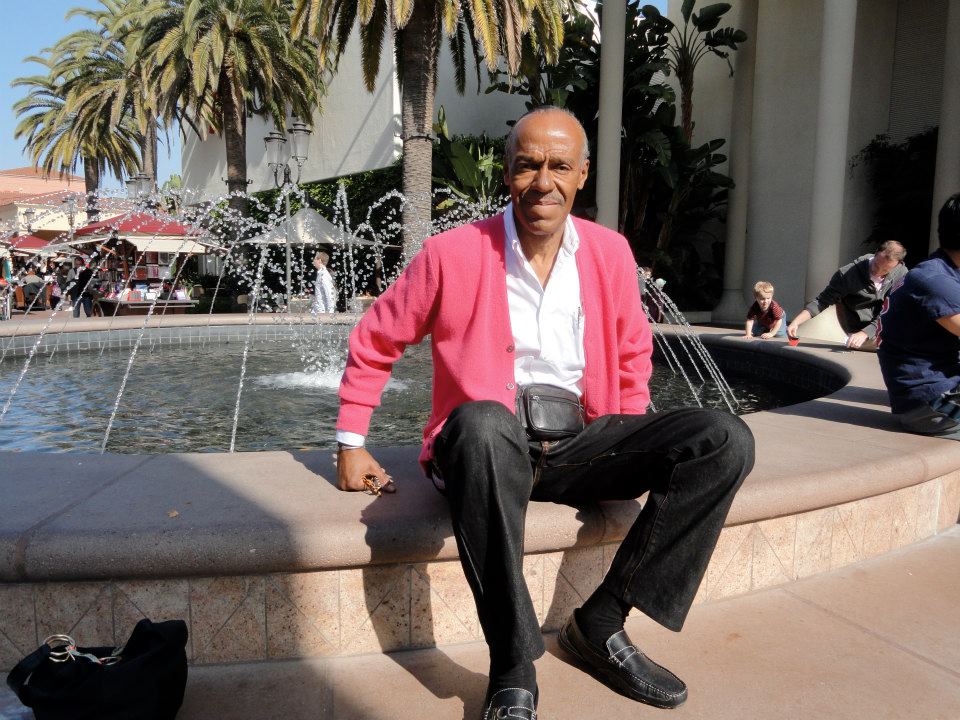
South Bay Black Journal Executive Editor, Francis Taylor
I met Dr. Martin Luther King, Jr. before the
March on Washington for Jobs and Freedom
Martin Luther King Jr. delivering his “I Have a Dream” speech
As we launch Black History Month, I wanted to share with South Bay Black Journal readers my experience meeting Dr. Martin Luther King, Jr., the undisputed Father of the Civil Rights Movement.
I had the rare and distinct pleasure of meeting Dr. Martin Luther King, Jr., at the age of 13, months before the March on Washington. It was held in Washington, D.C., on August 28, 1963, where nearly 300,000 people of all ages, sexes and races participated in what was later identified as the largest rally of its kind in American history.
The purpose of the march was to advocate for the civil and economic rights of African Americans. At the march, final speaker Dr. Martin Luther King Jr., standing in front of the Lincoln Memorial, delivered his historic “I Have a Dream” speech in which he called for an end to racism and racial segregation. The march served as a catalyst to pass the Civil Rights Act of 1964 and the Voting Rights Act of 1965.
Weeks before the March Dr. King travelled to many Black churches throughout the Eastern States to invite his fellow Baptist parishioners to travel by train, bus, air or automobile to Washington on the 28th of August. Dr. King was the guest preacher at the First Baptist Church of Charleston, West Virginia, where I was the president of the Youth Fellowship organization. Dr. King’s name was featured in the weekly church bulletin as the guest speaker.
While I do not recall the subject or essence of his sermon, I will always remember meeting Dr. King at the weekly chicken dinner, in our church’s gymnasium following the Sunday service. As Dr. King enjoyed his complimentary $1.00 chicken dinner, remember this was 1963, I approached him with a copy of the weekly church bulletin that featured his name, and politely asked for an autograph. He graciously obliged.
Upon returning to my table, proud that I had secured an autograph, my mother asked me to get one for her. I dutifully took another bulletin and approached Dr. King again, asking for an autograph. Dr. King, with his firm but undaunted response, said, “young man, this is the last time.” I thanked him and returned to my table with my second Dr. King autograph.
I certainly did not realize the historical significance of what was to come at the March on Washington but knew that I wanted to on the bus my church had rented to travel to Washington D.C. Frankly, as a thirteen year-old youngster, I was more excited about visiting the nation’s capital again, as I had already been to D.C., many times before.
Weeks after Dr. King’s visit to Charleston, I boarded the bus early on the day of the march, to travel the 360 miles to the D.C. All that I remember is the enormous crowd of people. On one occasion I recall turning around in the crowd and somehow managed to unwittingly remove a camera that was strapped to a woman’s shoulder. Of course when I realized the accident I returned the camera promptly.
View of the March on Washington from the Lincoln Memorial toward the Washington Monument
Dr. King’s speech called for an end to racism in the United States. At the end of the speech, Mahalia Jackson shouted from the crowd, “Tell them about the dream, Martin!” He improvised and delivered what has been hailed as a masterpiece of rhetoric and memorialized by the National Park Service with an inscription on the spot where King stood to deliver the speech.
The March is credited with propelling the U.S. government into action on civil rights, creating political momentum for the Civil Rights Act of 1964 and the Voting Rights Act of 1965.
While I was not old enough to vote, I now thank Dr. King and his colleagues for the march because I was the first African American to join Charleston’s YMCA, when it became integrated as a result of the Civil Rights Act of 1964.


